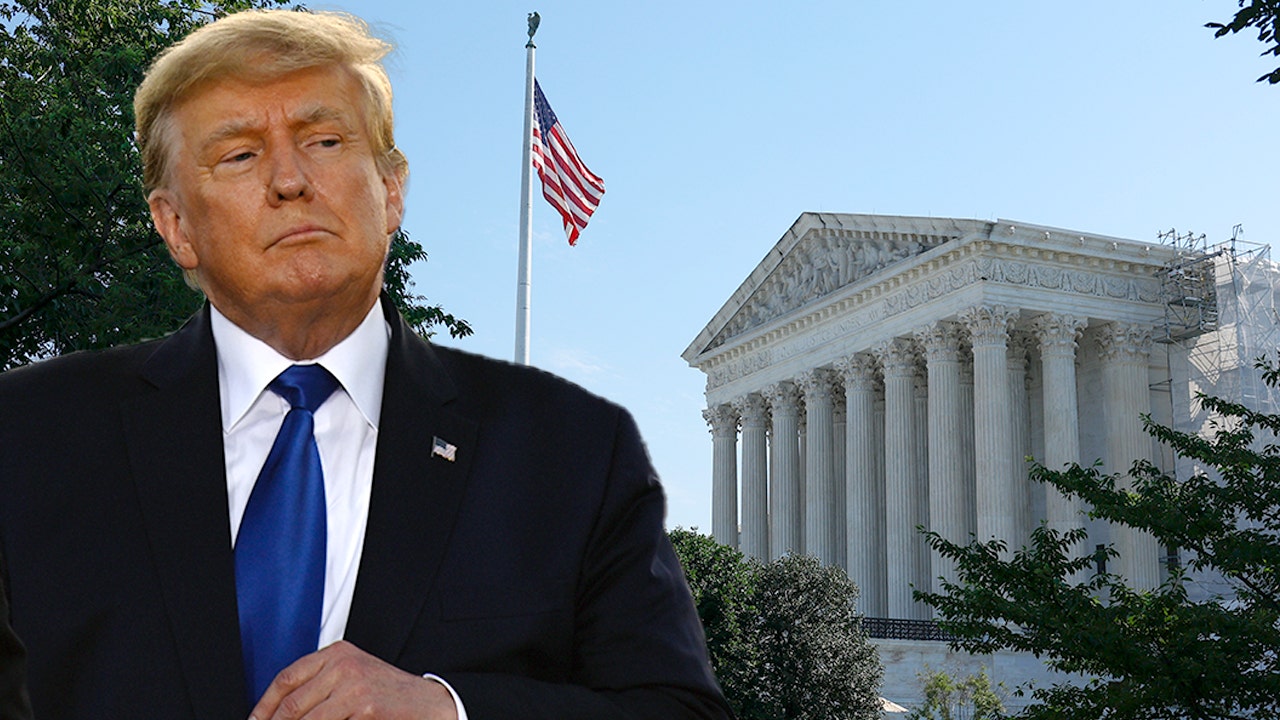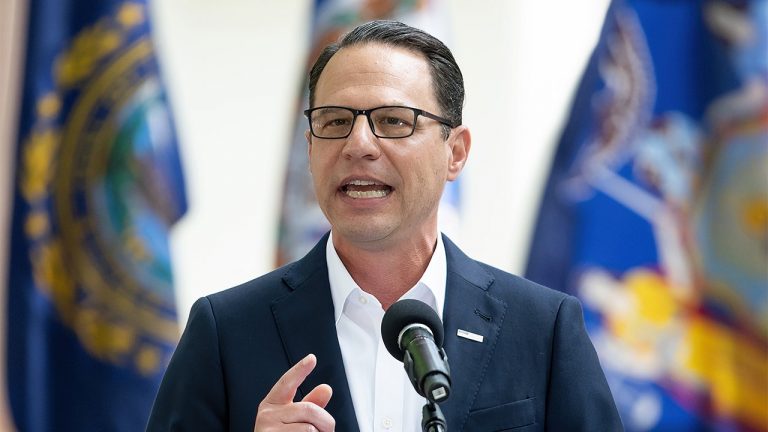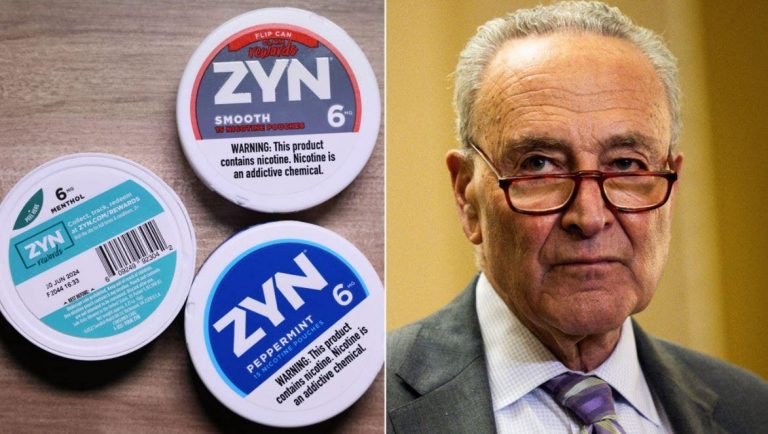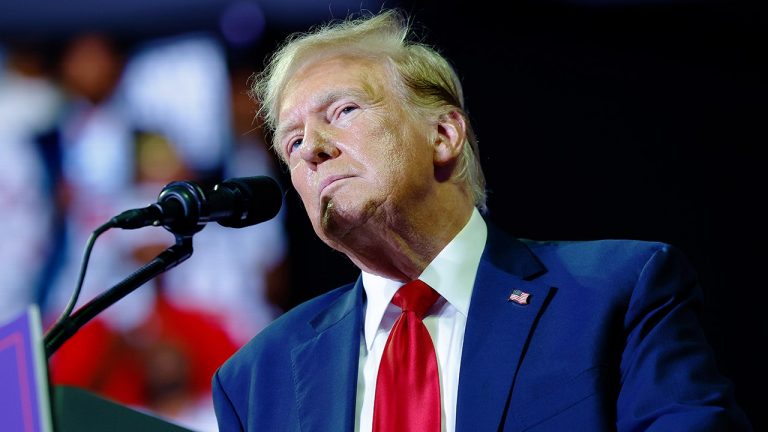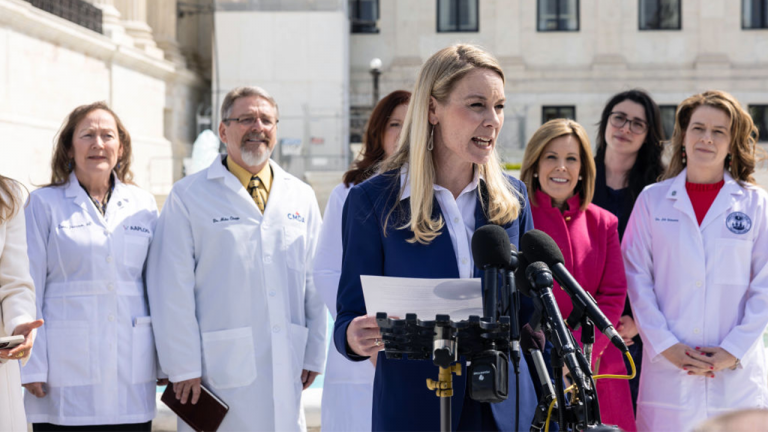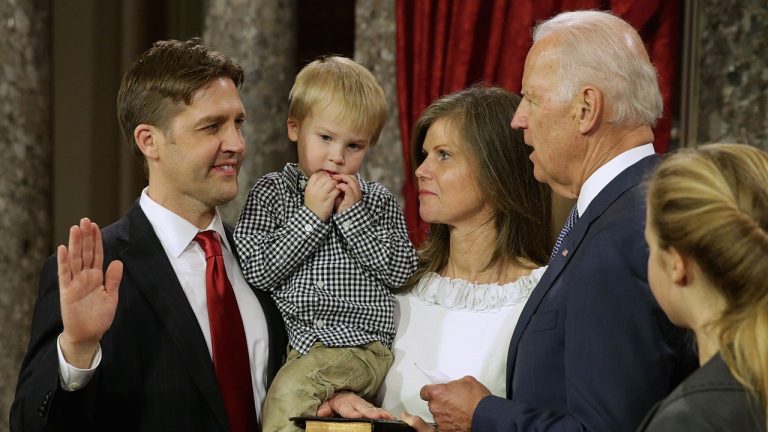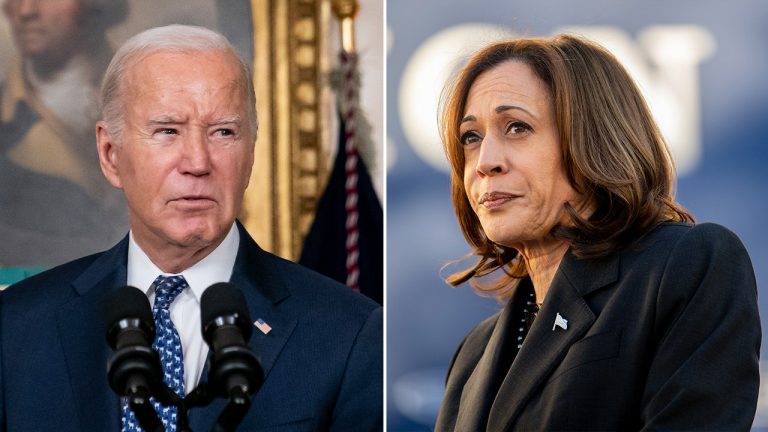Supreme Court rules that Trump is not immune from investigation
The recent Supreme Court ruling in Trump v. United States has garnered significant attention and controversy, sparking debates on the extent of a president’s immunity from prosecution for official and unofficial acts. The ruling clarified that a president has substantial immunity for official acts carried out while in office but can face prosecution for unofficial acts.
This landmark decision arose from former President Trump’s legal battle with Special Counsel Jack Smith, who accused Trump of various crimes related to his actions to contest the results of the 2020 presidential election. Trump maintained his innocence and argued that he should be shielded from prosecution for official acts conducted during his presidency.
Chief Justice John Roberts emphasized in the 6-3 ruling that “The President enjoys no immunity for his unofficial acts,” underscoring the distinction between official and unofficial actions. The Supreme Court sent the case back to a lower court, refraining from applying the ruling to Trump’s potential prosecution for his election-related efforts.
However, Justice Sonia Sotomayor expressed dissent, arguing that the ruling establishes the president as “a king above the law,” risking the erosion of accountability and the Rule of Law. She lamented the potential consequences of allowing unchecked power in the executive branch, leading to fundamental shifts in the president’s relationship with the people.
Responding to dissenting opinions, Chief Justice Roberts defended the majority’s stance, asserting that the president, while subject to prosecution for unofficial actions, must be allowed to exercise the powers vested in the executive branch for the functioning of the government. He refuted claims that the ruling places the president above the law, highlighting the need to preserve the constitutional framework.
Justice Clarence Thomas echoed the majority’s view, emphasizing that the president’s immunity from prosecution for official acts is a constitutional prerogative designed to ensure an energetic executive vital for safeguarding liberty. Thomas underscored the importance of upholding the protections provided to the office of the presidency while respecting the separation of powers.
However, Justice Ketanji Brown Jackson expressed strong opposition to the majority’s decision, criticizing it as a “discarding of a model of accountability for criminal acts” that undermines the Rule of Law. Jackson raised concerns about the implications of granting unchecked power to future presidents, potentially paving the way for authoritarian tendencies.
The Supreme Court’s ruling in Trump v. United States has ignited a fierce debate on the limits of presidential immunity and the balance between executive power and accountability. As the legal and political ramifications unfold, the significance of this decision reverberates across the nation, shaping the understanding of the president’s legal standing and responsibilities.


